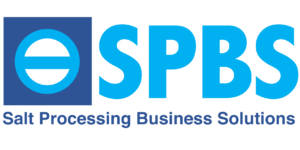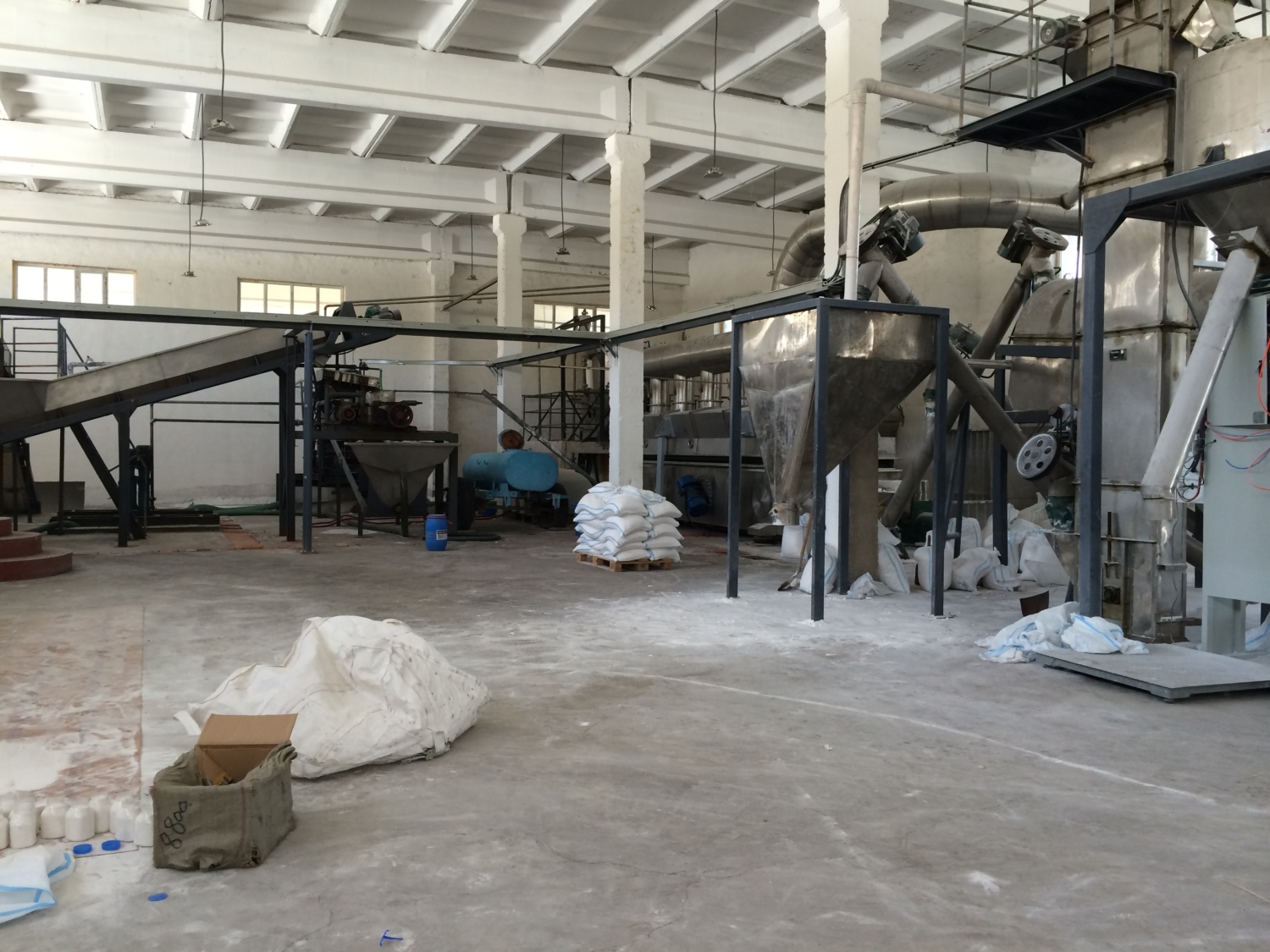Overview
Small and medium salt producers in developing countries are vital to the economies as they provide potential uplift to rural communities.
They can contribute to global health objectives, food security, employment generation and contribute to the Sustainable Development Goals of “no poverty, zero hunger and good health”.
Yet, ensuring quality iodization, reaching all consumers at national level and building sustainable and resilient value chains, especially for Potassium Iodate (KIO3) and other items, are daily battles.
Small and medium salt producers face issues of economic viability, insufficient know-how, lack of equipment, limited access to markets.
Government and INGOs are committed to the development of the salt industry for its contribution to the Universal Salt Iodization (USI) program, but lack the know-how to intervene effectively.
Main challenges
In 1990, with the Universal Salt Iodization program, the small bowl of salt in the kitchen has taken up a new significance as it impacts the health of consumers at a global level.
For the private sector, the common thread for small and medium salt producers is the responsibility to change production and grow the business in order to match both government and market requirements. These requirements are a burden for small and medium producers as they lack basic production know-how and availability of proper technology to produce and market quality iodized salt that match these requirements.
For the public sector, there is a need to understand how to collaborate with the private sector who are obligated by law to comply with these requirements. While governments rightly impose policy, they also need to participate in the success of USI implementation and SPBS plays the role of bringing together both sectors.
Ensuring sustainable access to quality potassium iodate (KIO3) is an essential aspect of a successful salt iodization program. SPBS helped support various salt iodization programs in strengthening their procurement systems by: forecasting salt producer’s needs, bidding and ordering from supplier(s), including quality assurance and stock management and distribution.
Cooperatives can help mitigating the challenges of low efficiency in producing and selling individually. Small and medium salt producers, organized in cooperatives, can access bigger markets, benefit from economies of scale by reducing inputs’ costs and lowering risks. Since individual salt producers are scattered and difficult to reach, cooperatives are the best way of adapting production to market needs, improving quality and safety of products as well as improving the standardization of processes. However, cooperatives need professional guidance to build successful practices. SPBS helped organize salt producers’ cooperatives in various countries.
The main challenge with business models in the salt industry, especially at the bottom of the pyramid, is to select the most appropriate legal form in order to bring together the needed equity to cover the initial investments. In addition, as we promote social and environmental responsibility, the challenge is the set the right level of wages while purchasing the most eco-friendly packaging.

